Wondering what crystals cannot go in moonlight? Here’s what you need to know!
Crystals have long been associated with various spiritual and healing properties, and one popular practice is to cleanse and charge them in moonlight.
However, not all crystals are suitable for this method.
In this blog post, we will explore the types of crystals that should not be exposed to moonlight and the reasons behind it.

Understanding Crystals
When it comes to crystals, it is important to understand that they are not just pretty rocks.
They are believed to have healing properties and can be used for various purposes such as meditation, energy healing, and manifestation.
Crystals are formed by the Earth over millions of years and are believed to have their own unique energy and vibration.
Each crystal has its own properties and can be used for different purposes. Some crystals are believed to be sensitive to moonlight and can be damaged if exposed to it.
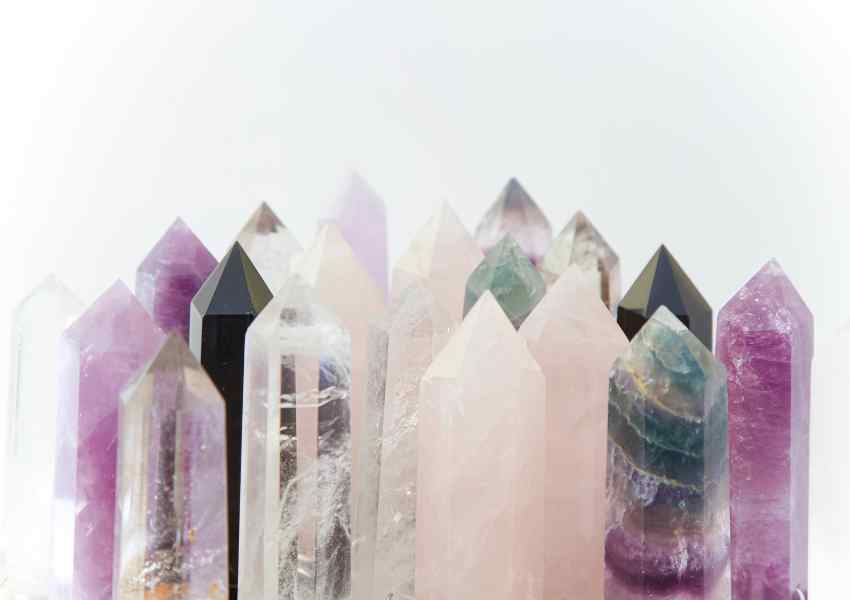
It is important to know which crystals should not be exposed to moonlight to avoid damaging them.
Moonlight can affect the energy and vibration of certain crystals, making them less effective.
Here are some crystals that should not be exposed to moonlight:
- Amethyst: This crystal can fade in color if exposed to direct sunlight or moonlight for extended periods of time.
- Citrine: This crystal can also fade in color if exposed to sunlight or moonlight for extended periods of time.
- Rose Quartz: This crystal can lose its pink color if exposed to direct sunlight or moonlight for extended periods of time.
- Smoky Quartz: This crystal can lose its color and become less effective if exposed to direct sunlight or moonlight for extended periods of time.
If you have any of the above crystals, make sure to avoid exposing them to moonlight and to instead cleanse them using other methods such as smudging or placing them in salt water.
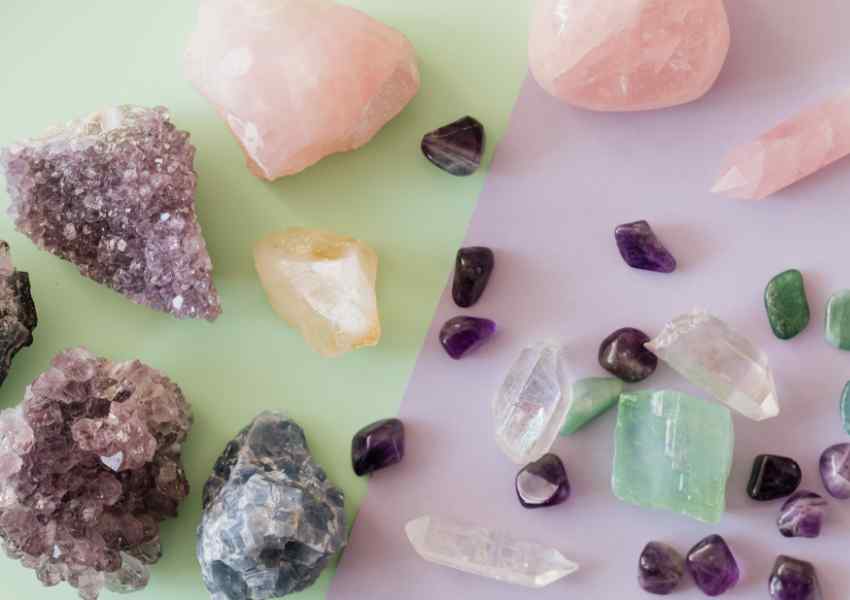
Moonlight and Crystals
Moonlight is often used by crystal enthusiasts to cleanse and charge their crystals. However, not all crystals can be safely exposed to moonlight.
Some crystals, such as amethyst and rose quartz, can fade in direct moonlight. If you have a piece of jewelry or a crystal that is made of amethyst or rose quartz, it’s best to avoid exposing it to moonlight for extended periods of time.
Other crystals, such as selenite and calcite, are water-soluble and can dissolve or become damaged in moonlight. It’s best to avoid exposing these crystals to water, including moonlight, to prevent damage.
If you’re unsure whether a crystal can be exposed to moonlight, it’s always best to do some research or consult with a knowledgeable crystal expert before exposing it to any type of light or energy.
You may also like: Moonlight crystals
What Crystals Cannot Go in Moonlight?
Moonlight is often used to cleanse and charge crystals, but not all crystals can handle the energy of the moon.
Some crystals may crack or fade under the moon’s light. Here are some crystals that are not suitable for moonlight:
Opaque Crystals
Opaque crystals such as malachite, lapis lazuli, and turquoise should not be placed in moonlight.
These stones are sensitive to light and can easily fade or lose their color.
Instead, you can cleanse and charge them using other methods such as smudging or placing them on a bed of salt.
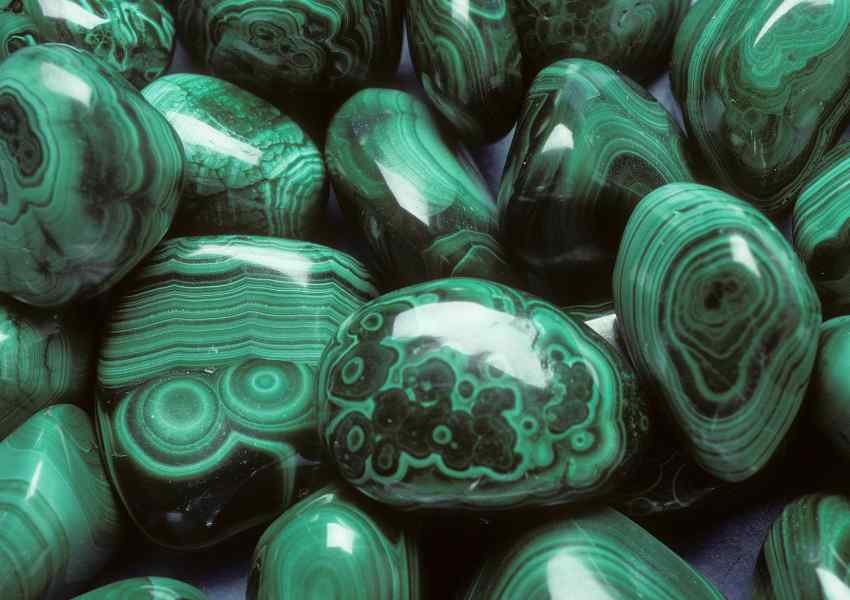
Soft Stones
Soft stones such as selenite, halite, and calcite should also be kept away from moonlight.
These stones are fragile and can easily dissolve or crumble when exposed to water or moisture.
Instead, you can use sunlight or a cleansing crystal such as clear quartz to cleanse and charge them.
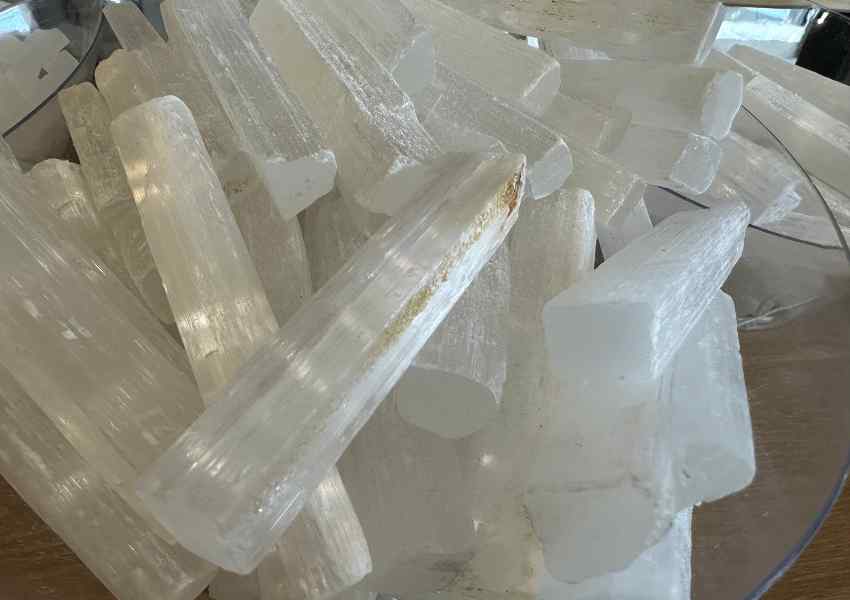
Organic Materials
Organic materials such as amber, coral, and pearls should not be placed in moonlight.
These materials are sensitive to light and can easily fade or lose their luster.
Instead, you can cleanse and charge them using other methods such as burying them in salt or placing them on a bed of rice.
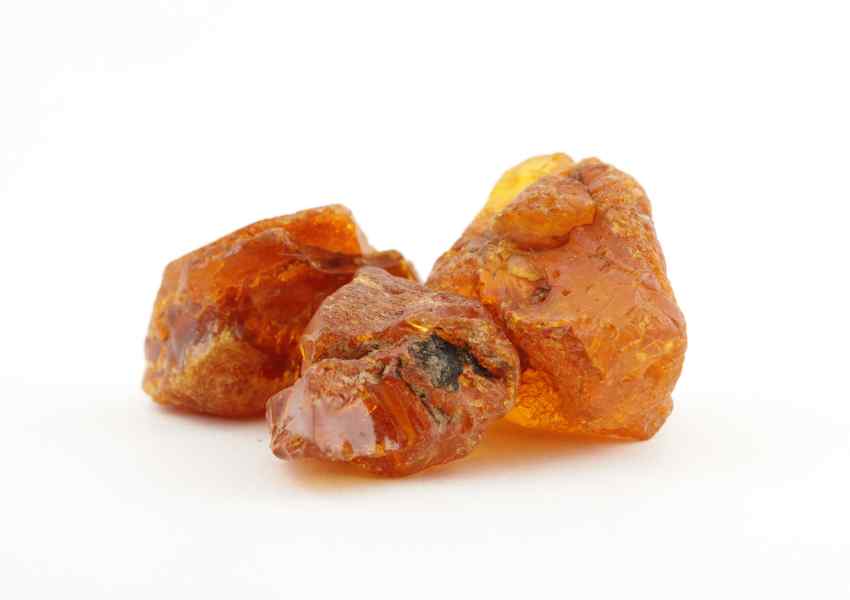
Photosensitive Stones
Photosensitive stones such as amethyst, citrine, and rose quartz should be kept away from direct moonlight.
These stones can fade or lose their color when exposed to light for long periods of time.
Instead, you can use indirect moonlight or a cleansing crystal such as selenite to cleanse and charge them.
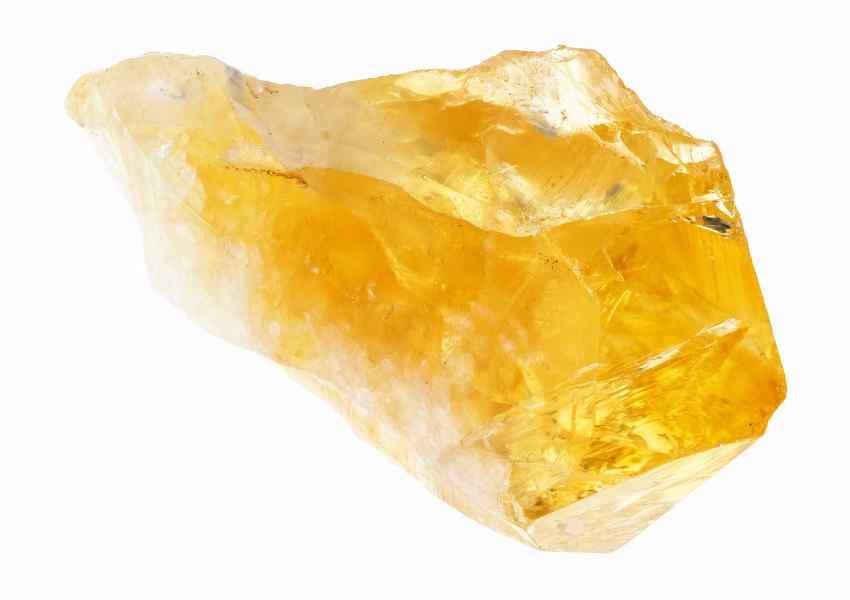
Proper Handling of Crystals
When it comes to handling crystals, it’s important to keep in mind that they are delicate and can be affected by various environmental factors.
Here are a few tips to help you properly handle your crystals:
- Clean your hands: Before handling your crystals, make sure to wash your hands thoroughly to remove any dirt or oils that may be on your skin. This will help prevent any unwanted substances from transferring onto your crystals.
- Avoid direct sunlight: While some crystals can benefit from exposure to sunlight, others can be damaged by it. Crystals such as amethyst, celestite, and fluorite can fade or lose their color when exposed to direct sunlight for extended periods of time. It’s best to keep these types of crystals in a shaded area or indoors.
- Avoid moonlight: Just like with sunlight, some crystals can be damaged by exposure to moonlight. Crystals such as amethyst, citrine, and rose quartz can fade or lose their color when exposed to moonlight. It’s best to keep these types of crystals in a shaded area or indoors during the full moon.
- Be mindful of temperature changes: Crystals can be sensitive to temperature changes, so it’s important to avoid exposing them to extreme temperatures. Avoid placing your crystals in direct sunlight or near a heat source, as this can cause them to crack or break.
- Store your crystals properly: When you’re not using your crystals, it’s important to store them properly to prevent any damage. Keep them in a soft cloth or pouch to protect them from scratches and other types of damage.
Alternative Crystal Charging Methods to Moonlight
If you have crystals that cannot go in moonlight, don’t worry – there are other ways to charge them.
Here are some alternative crystal charging methods:
Sunlight
Just like moonlight, sunlight is a powerful way to charge crystals.
However, not all crystals can handle direct sunlight, so be sure to research which ones are safe to use.
You can place your crystals in a sunny window or outside for a few hours to charge them.
Earth
The earth is a natural source of energy that can help charge your crystals. You can bury your crystals in the ground for a few days to allow them to absorb the earth’s energy.
Make sure to mark the spot where you buried them so you can find them easily.
Other Crystals
Some crystals have the ability to charge other crystals. This is known as a “master crystal.”
You can place your crystals next to a master crystal such as clear quartz or selenite to charge them.
Reiki
Reiki is a form of energy healing that can be used to charge your crystals.
You can hold your crystals in your hands and visualize energy flowing into them while performing Reiki.
Sound
Sound vibrations can also be used to charge your crystals.
You can use singing bowls, tuning forks, or even your own voice to create sound vibrations that will charge your crystals.
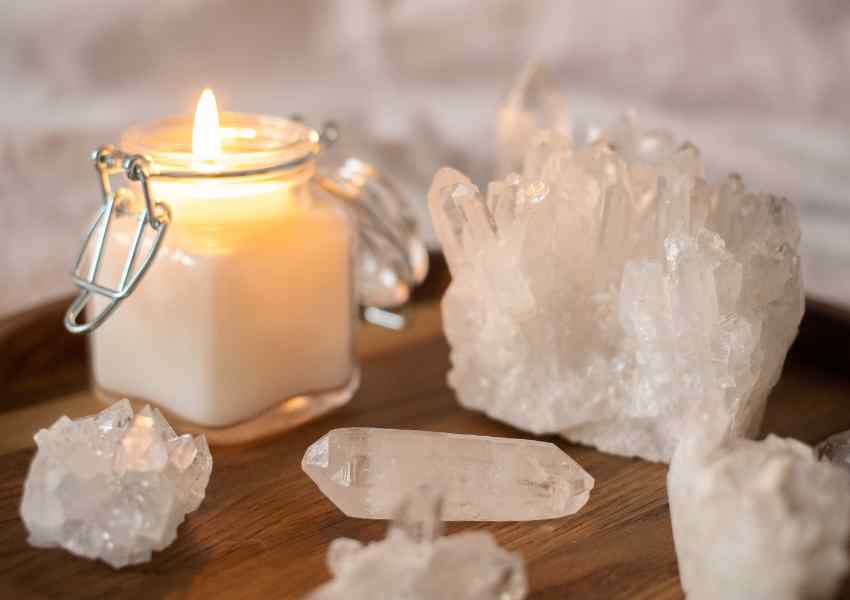
What Crystals Cannot Go in Moonlight: Conclusion
While moonlight can be a powerful tool for cleansing and charging many crystals, it’s important to recognize that some crystals are sensitive to this method.
By being mindful of the specific properties and characteristics of different crystals, we can ensure that they are cared for in the most appropriate way.
Whether utilizing moonlight or other cleansing techniques, respecting the unique needs of each crystal is essential for maintaining their energy and vibrancy.
Leave a Reply